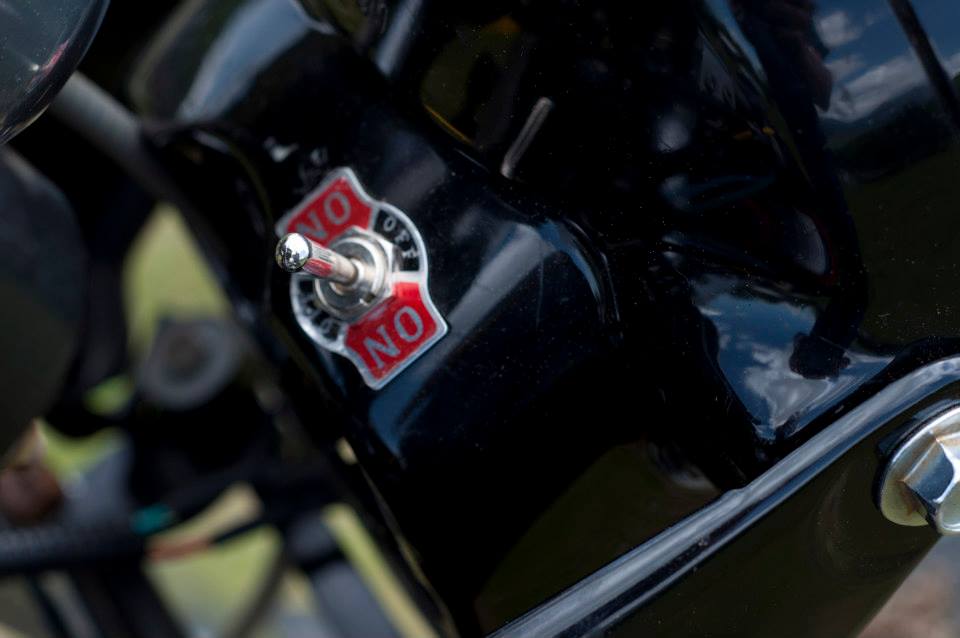
BrickStarter? What?
We need to show support for The Brickyard Collaborative, and we thought about all the various crowdfunding sites out there. They’re great for getting support from all over the globe for projects that couldn’t really be funded any other way. They also take a fee, and have rules – mostly to serve their own platforms.
This is about Lynn, and we need to show there’s support right here in Lynn and the rest of the North Shore. So we’re keeping it here, using PayPal.
…and who can resist a pun like “BrickStarter”?
So here’s the deal. Like Kickstarter, you get rewards for backing us, in the form of memberships. What exactly are you getting a membership in? Good question.
Already we’re collecting equipment and supplies. We’re in negotiations for some spaces, and we’re poised to start moving in. Right now we have a complete photo lab, wood shop, partially-equipped auto/bike shop, and soap, paper and recycled plastics equipment looking for a home. We’re aiming at Sept. 1 to actually move in.
Take a look at our list of facilities we’re working on, here. So, once we open, you get access to all that – from a metal and wood shop to 3D printing, rapid prototyping, upcycling and a whole lot more. It’s a work in progress, so you can activate your Charter Membership when you’re, and we’re, ready.
To reward your patience, we’re giving you Charter Memberships at 1/2 the full price. Ready to take a look at the details? Here’s the BrickStarter page.
Why are we doing this?
…a couple of reasons. First, we have some bills to pay – work that’s been done with the promise that we’ll pay for it when we start to get funded. These are Lynn professionals, doing professional quality work on blind faith that we’ll keep our promise. We love donations, but we believe people should be paid for the work they do.
Second, and most important. We have several grants we’re applying for that will get us off the ground in months, rather than years. They all want to see that you have a committed base of support, and they like to see revenue coming in, demonstrating a viable concept. You can help us pay our bills, but your support will leverage us into a better position to get some serious State and Federal funding.
How much do we need, and how much are we asking from you? Really, whatever you can give. We’re hoping to raise $5000 to cover our expenses, but even if you can only do $10 or less, still, that’s one more person we can point to, showing real support.
Take a look at the Charter Membership levels, here. See what you think. If you just want toss some into the general donation, the button for that is at the bottom. You’ll get a confirmation, and we’ll be in constant contact to keep you up to date on the developments.
Thanks for all the support, and check back! We’ll be updating our progress daily!

You must be logged in to post a comment.